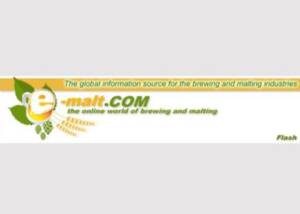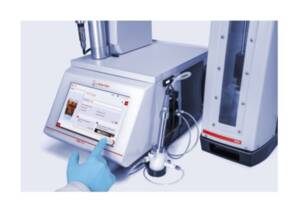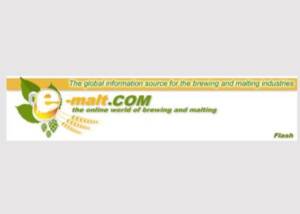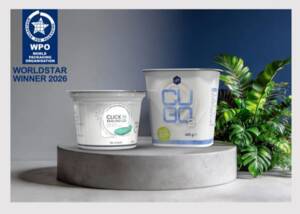PepsiCo makes significant contribution to the German government's National Reduction and Innovation Strategy
News General news
-Since 2015, reduction of the average calorie content of PepsiCo soft drinks in Germany by more than 10%.
-By 2025, 67% of PepsiCo soft drink sales volume will be sugar-free
-100% of PepsiCo soft drink product innovations are reduced or completely sugar-free
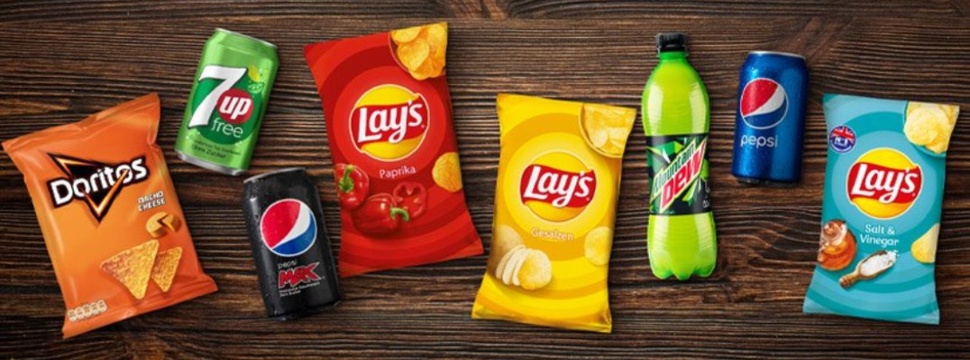
In the wake of the Federal Ministry of Food and Agriculture's interim report on the German government's National Reduction and Innovation Strategy, PepsiCo Deutschland reaffirms its commitment to making a lasting contribution to the plan of Julia Klöckner, Federal Minister of Food, Agriculture and Consumer Protection. Together with other member companies of the Wirtschaftsvereinigung Alkoholfreie Getränke (wafg), the world's second-largest food company is actively participating in the industry's goal to reduce sugar and calorie content in soft drinks by 15% by 2025.
For years, PepsiCo has been working continuously to reduce sugar, salt and saturated fat content in its products as part of its global sustainability agenda "Winning with Purpose" to make it easier for consumers to eat a balanced diet. In Germany, for example, 48% of the volume of soft drinks sold today is already sugar-free - including popular brands such as Pepsi MAX and Schwip Schwap Zero, among others. By 2025, this share is expected to increase to 67%. In addition, a further 21% of the soft drinks portfolio is currently already reduced-sugar or low-calorie, such as the Lipton Ice Tea portfolio. Going forward, the company is committed to launching only reduced-sugar or completely sugar-free product innovations in the soft drinks category in the DACH region, excluding energy drinks.
"As PepsiCo, we are doing everything we can to ensure that around 70% of our beverage volume sold is sugar-free by 2025," said Isabel Teves, Beverages Lead DACH. "Pepsi's current reformulation is a good example of how we are not only offering our customers better product options within our portfolio, but continuously reducing added sugars in our current beverages as well."
"We welcome the contribution that PepsiCo, together with other companies in the industry, is making to the German government's National Reduction and Innovation Strategy," said Anja Roth, Süßstoff-Verband e.V. Germany. "A decisive contribution to success here is the regular and partnership-based exchange on the latest research findings."
PepsiCo has also set ambitious goals in the snack segment to reduce the addition of salt and saturated fats. For example, by 2025, at least 75% of the snack portfolio on a global level should contain no more than 1.3 milligrams of sodium per calorie. In the DACH region, 71% of the snack portfolio already meets this target. In addition, 75% of the food portfolio at global level should also contain no more than 1.1 grams of saturated fatty acids per 100 calories by 2025. Here, too, the DACH region is setting a good example: 99% of the snack portfolio already meets the target value.

